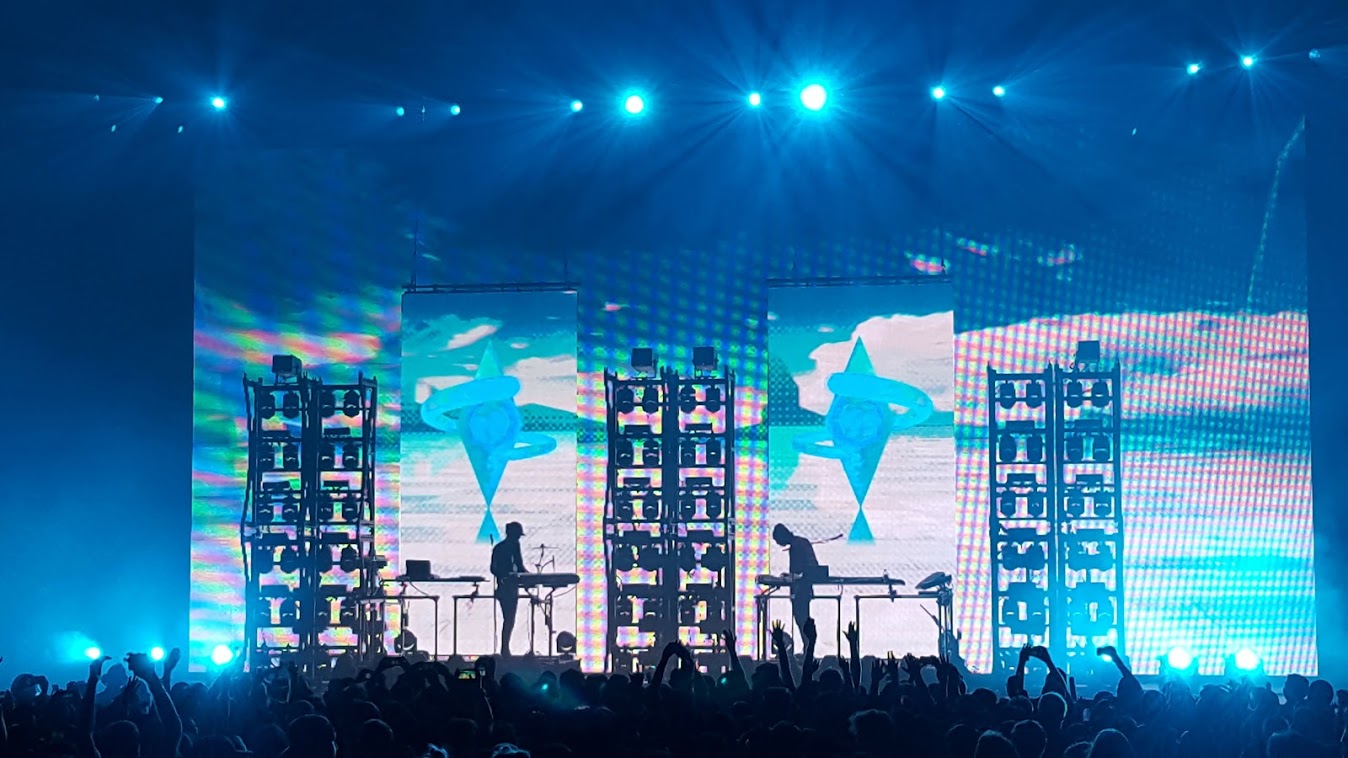

DJing has evolved a great deal since the days of two Technics turntables and a two channel mixer. The computer revolution really hit the scene around 2008, and DJing with a laptop went from bizarre to ordinary. A DJ-ready laptop used to cost $1000+, but now your average i5-powered 15.6” laptop is more than enough to handle DJ software.
This guide is for folks who are new to DJing and thus will focus mainly on DJ MIDI controllers, as that’s the fastest and easiest way to start spinning.
Prices and availability of products discussed were accurate at time of publication, but are subject to change.
What’s this MIDI thing?
MIDI stands for Musical Instrument Digital Interface. It was originally designed as a protocol to allow synthesizers and keyboards communicate with computers. For our purposes, it allows DJ controllers to communicate with software. It’s foundational to electronic music and it’s definitely your friend.
Software
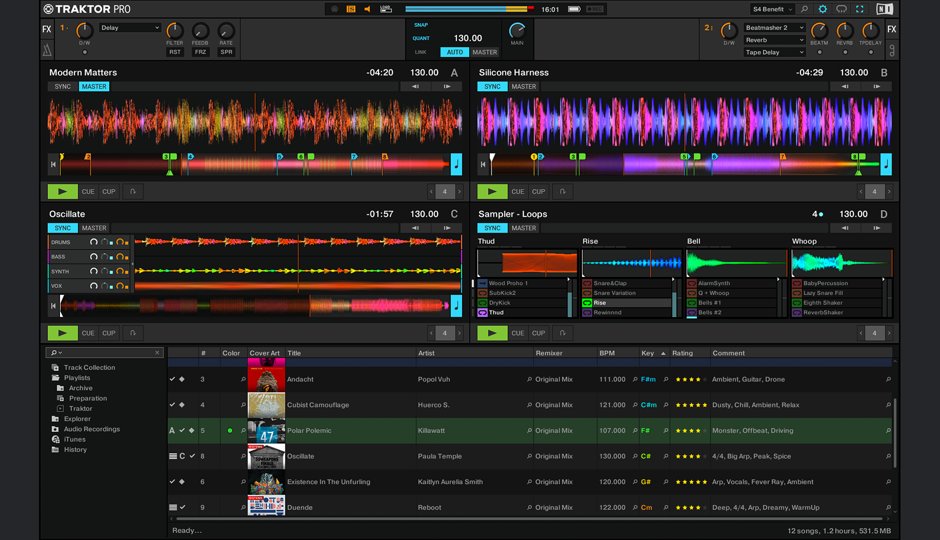
Modern DJ software has a lot of capabilities, but the best feature is the ability to play digital music files. MP3s are the most common format, but some software packages support OGG, FLAC, and WAV. You can carry terabytes worth of music on a single small hard drive. That’s years worth of music. If you DJ weddings or do other open format / request-oriented events, having millions of tracks on hand is great.
DJ software also allows you to create loops, play hotcues, sample tracks, and more. Using software unlocks a great deal of creative possibilities. There are a few software packages you can choose from, and I strongly suggest you do some research into the big names, including Traktor, Serato, Djay, Virtual DJ, and Cross DJ.
Many of these software packages have demo versions as well. If you can, I suggest that you try the demo version first, especially if you’re trying to DJ on a laptop you already own. It may or may not be powerful enough to handle it, and it’s good to know that before you throw down cash for a software license.
Pioneer also has its own proprietary DJ software Rekordbox, but keep in mind that this will only work with Pioneer’s own hardware. On the plus side, there are a ton of compatible units, ranging in price from cheap to “costs more than your car.”
If you’re totally broke, you can also try Mixxx, which is free and open source, and even works with Ubuntu.
Laptops
I strongly suggest using a laptop that has a recent Intel i5 processor and 8GB of RAM at least. This is above the recommended requirements of most DJ software, and trust me, you want that.
If your laptop gets overtaxed or overheated you may experience audio glitches and dropouts, and in worst case scenarios, full crashes. Night clubs, big weddings, and crowded bars are hot, sweaty places; you want your laptop to be able to handle that.
But remember, no matter what laptop you get, make sure to optimize it for professional audio usage! Focusrite, an audio hardware manufacturer, has a pretty solid set of guidelines.
Lenovo Ideapad 320S-15IKB i5 8250U with 8GB RAM – $469
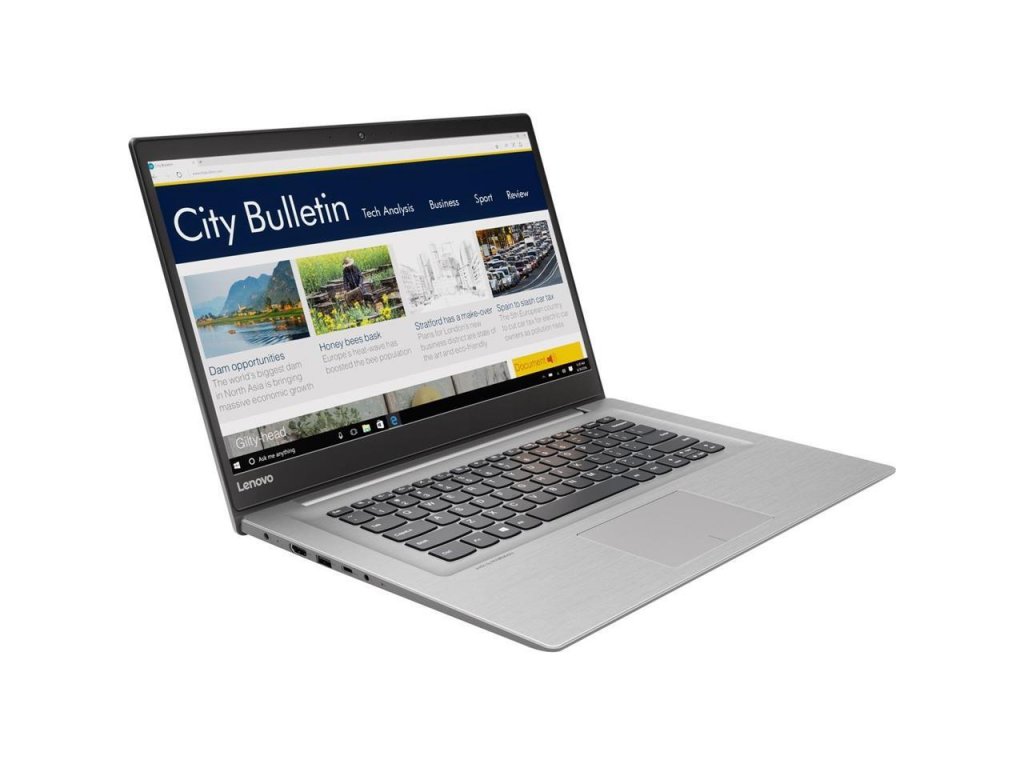
This unit will get you spinning, but its bargain price means that you’re missing out on an SSD for speedy boot ups. It’s also a last-gen Kaby Lake i5 CPU, but it should be able to handle DJ software just fine. It’s no-frills and a nice, light carry as well. It also has enough USB ports for an external HD and a DJ MIDI controller.
ASUS VivoBook Pro with i7-8750H with 16GB of RAM – $939
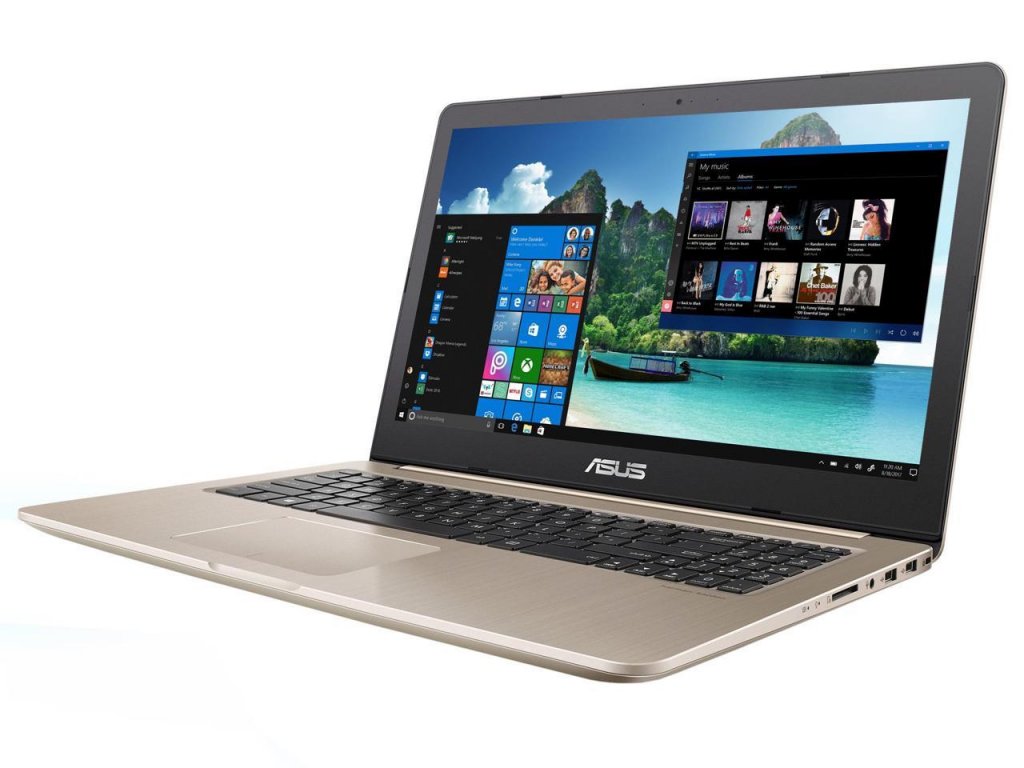
This powerful Asus has an current-generation i7 processor with six cores and twelve threads, 16GB of RAM, and even a little GTX 1050 GPU – not necessary for DJing, but a nice little thing to have. It’s packing one USB 3.1 Gen 1, two USB 2.0, and 1 USB-C 3.1 Gen 1 ports. It also has an SSD for fast booting of your OS and DJ software.
This laptop lacks a large spinning disk HD, but I recommend that you keep your music on a separate bus-powered USB drive anyway.
DJ Controllers
Yes, you can be a professional DJ with just your laptop, but you really shouldn’t. Most laptops’ built-in sound hardware isn’t meant for professional applications and doesn’t have low-latency drivers, which can lead to clicks, pops, and audio drop-outs.
For better performance you’ll want a separate audio interface, and the vast majority of DJ controllers come with one built-in. These units have a headphone output for cueing and beatmatching your incoming track, as well as RCA, XLR, or TRS outputs that will allow you to connect to PA mixers in clubs and bars.
You’ll also often want to manipulate more than one control at once. You may want to adjust the volume while changing the equalizer, play one deck while using FX on another, or play samples while lowering raising the volume on another track. The list goes on. A laptop only has one mouse pointer, and while that’s great for Microsoft Word, it’s lousy for DJing. The knobs and faders on DJ controllers allow you to make control changes (both granular and fast) that you need to DJ well.
Native Instruments Traktor Kontrol S2 Mark 3 – $319
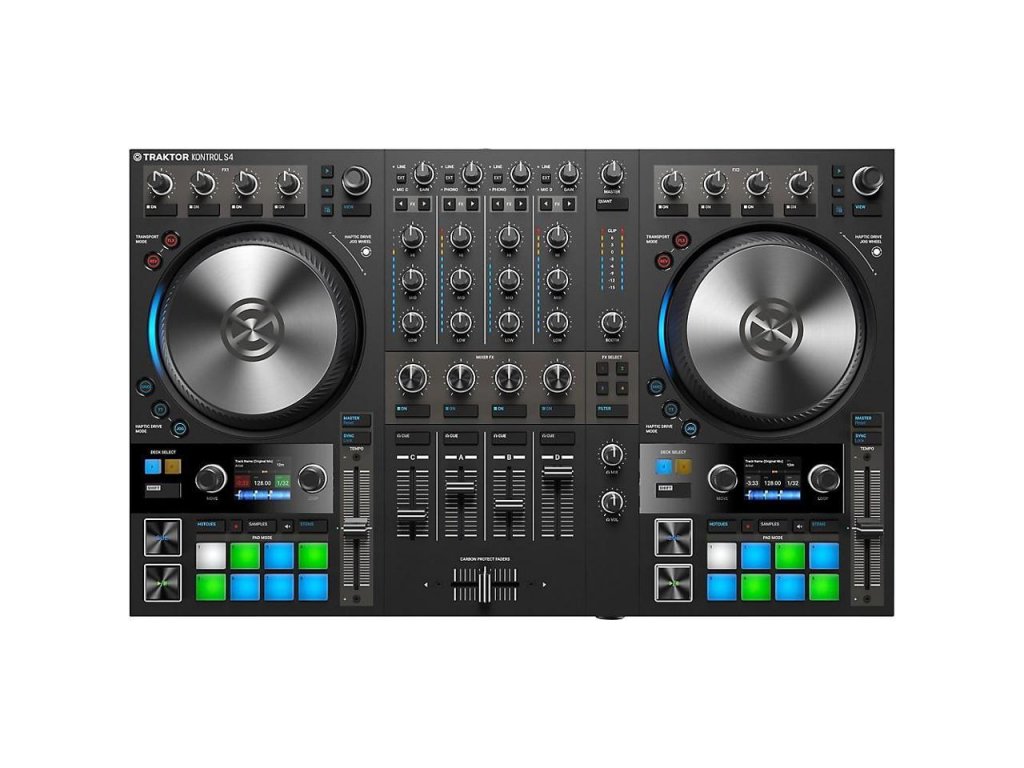
This is a terrific portable controller for DJs who want to use Traktor. It comes with an internal audio interface and enough controls to handle all your basic mixing tasks including cueing, EQ, mixer FX (including filters), loops, and pitch. Controls for Traktor’s FX units are conspicuously absent, but Traktor has a comprehensive MIDI mapping system that lets you map and use third-party controllers to control anything in the interface. Or you could pick up a Native Instruments X1 Mark II to control FX and more for both decks.
If you want to stay in the Traktor system and save a few bucks, while sacrificing a lot of functionality, you can step down to the barebones Traktor Z1. Alternately, you can step up to the motorized platters and FX controls of the Traktor S4 Mark 3.
Denon DJ MC4000 – $399
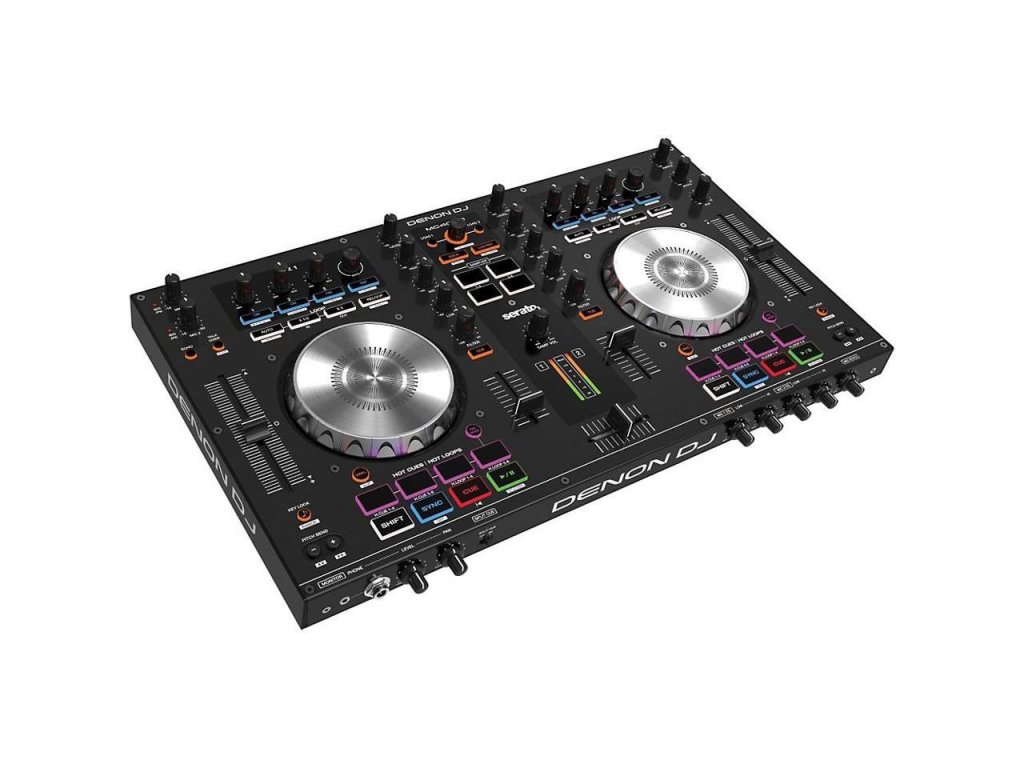
The Denon DJ MC4000 lets you get in on the ground floor with Serato DJ Lite. This compact controller is designed for Serato, but can be used with Traktor, Djay Pro, and Virtual DJ. If you’re feeling a little nervous about committing to a software package, this is a good way to go, because it’s platform agnostic.
This unit follows the standard “two decks and a mixer” format but also adds in some sample pads and effects controls, offering you a bit of extra value over the Traktor S2 to justify its price. It also comes with two mic inputs and mic echo for DJs who like to get busy on the mic, or who work with MCs.
Pioneer DDJ-1000 – $1199
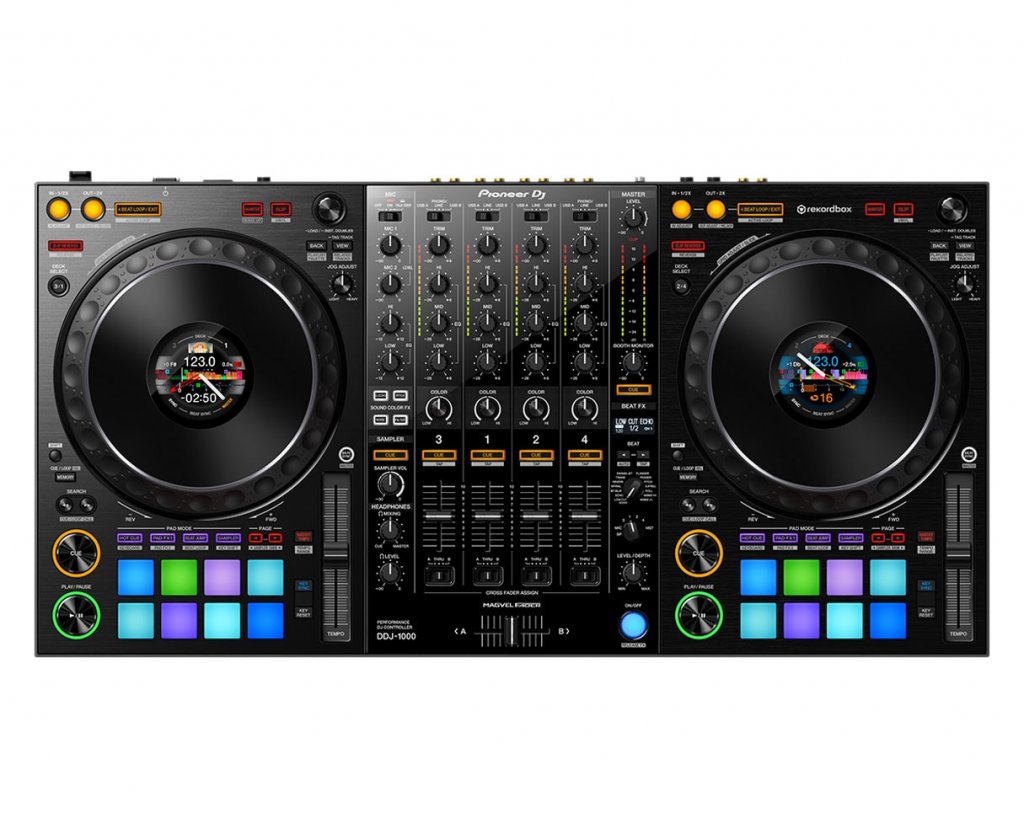 The Pioneer DDJ-1000 is the Cadillac of DJ controllers. Its design mimics professional Pioneer DJ gear, so if you want to get comfortable on the highest end equipment without making a correspondingly large investment, this is the way to go.
The Pioneer DDJ-1000 is the Cadillac of DJ controllers. Its design mimics professional Pioneer DJ gear, so if you want to get comfortable on the highest end equipment without making a correspondingly large investment, this is the way to go.
Its jog wheels have built-in screens that provide important information like BPM, waveform, playback position, as well as hot cue and loop points. The mixer section is loaded with hardware effects and the layout is extremely similar to Pioneer’s DJM style mixers.
It uses Pioneer’s own excellent Rekordbox software, which you can use with any Pioneer DJ product.
Hopefully this introduction to DJ tech helps you get set up and spinning! What’s in your DJ setup? Tell us in the comments below!

